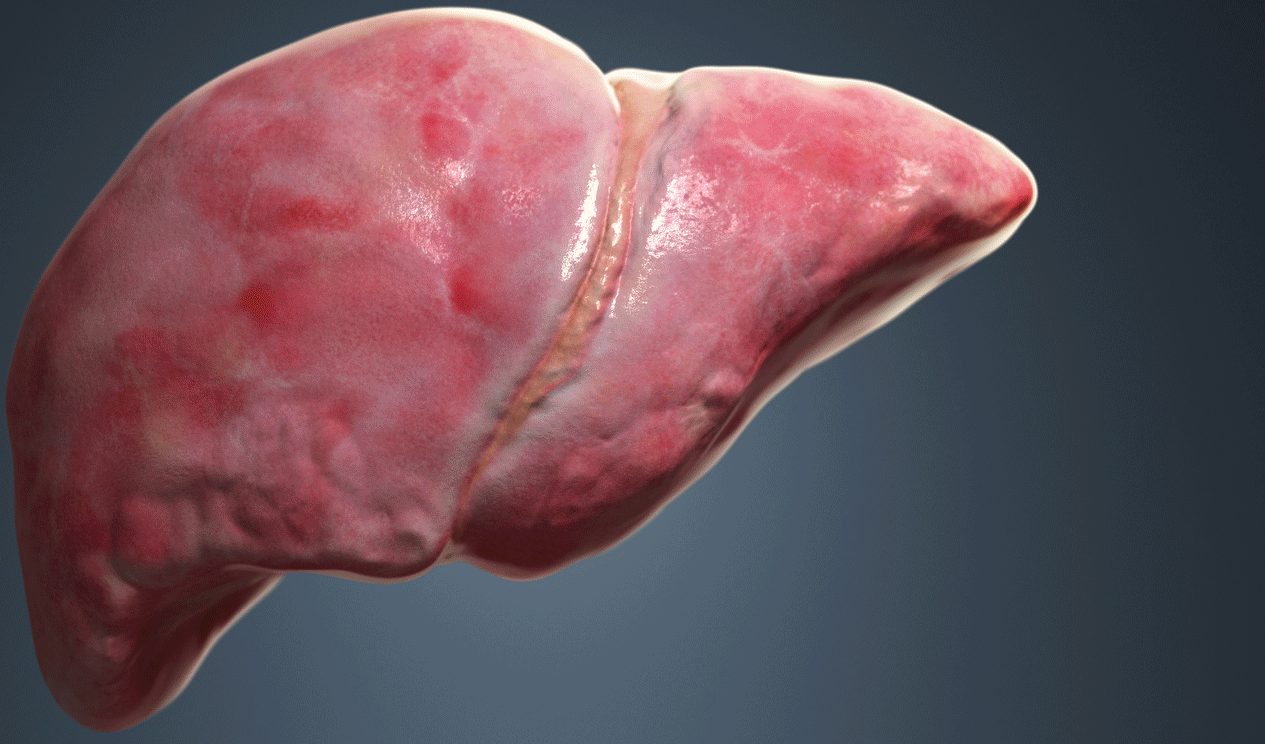Signs of Liver Failure

What does the liver do? It helps with many metabolic processes and protects against toxins, too. If you have signs of liver failure, talk to your doctor ASAP.
Weighing a little over three pounds (1.4 kg), your liver is one of the largest organs in your body, and it’s absolutely necessary for life. But many infections, drug toxicity, alcohol abuse, some genetic mutations, and even obesity can cause liver disease and, eventually, symptoms of liver failure.
If signs of liver damage are identified early, lifestyle changes and treatment can help preserve your liver function. But if signs of liver failure indicate end-stage liver disease, the only life-saving option is a liver transplant, according to the National Institute of Diabetes and Digestive and Kidney Disease (NIDDK).
Researchers are working on new treatment options, however, including transplants performed with liver tissue from living donors.
YOU MIGHT ALSO LIKE: What Is Cirrhosis of the Liver?
The best what to avoid any symptom of liver failure is to understand what your liver does and what causes liver disease ― and when to seek help if you have signs of liver damage.
Here’s why your liver is so important
Your liver sits below the diaphragm, in the upper right section of your abdomen. The organ consists of a larger lobe on the right side and a smaller lobe on the left. The two parts of the liver are separated by a band of connective tissue holding the liver in place.
When you eat and take a medication or consume anything else, blood flows from your gastrointestinal tract through a large blood vessel known as the portal vein to your liver. There, your liver:
- Processes nutrients
- Detoxifies toxins
- Sends the substances back into your blood or moves them to your bowel to be eliminated
Your liver makes bile, a liquid important for the metabolism and absorption of fats. Bile is stored in your gallbladder (which sits on the underside of the liver) until needed. Your liver also produces proteins which, when combined with vitamin K, allow blood to clot.
The liver is also crucial when it comes to metabolizing carbohydrates and keeping your blood sugar (blood glucose) regulated. The organ stores vitamins, iron, and copper and releases them into your blood over time, too.
Recognize signs of liver damage
For the 4.5 million American adults diagnosed with liver diseases, according to the Centers of Disease Control and Prevention, their livers don’t work well.
Many kinds of liver diseases can result in symptoms liver failure. Some liver diseases, like most forms of hepatitis, are caused by viruses. Autoimmune hepatitis, however, is the result your body’s immune system attacking your liver, causing inflammation and signs of liver damage. Liver disease can also result from taking both illegal and, sometimes, prescription drugs or drinking alcohol to excess.
Nonalcoholic fatty liver disease (NAFLD) is most often associated with two common health problems in the U.S.: obesity and type 2 diabetes. It occurs when fat builds up in your liver. Nonalcoholic steatohepatitis, or NASH, is a type of NAFLD that occurs when inflammation and liver cell damage are found in your liver, along with excess fat, the NIDDK explains.
Long-lasting injury or scar tissue in your liver can result in cirrhosis, when scar tissue permanently replaces healthy liver tissue. If you have cirrhosis, your liver can no longer work normally.
Signs of liver damage
- Jaundice (a yellowish appearance) of skin and eyes
- Abdominal swelling and pain
- Itchy skin
- Unusually dark urine
- Feeling chronically exhausted
- Swollen ankles and legs
- Nausea or vomiting
- Loss of appetite
- Bruising easily
- Pale, tar colored, or bloody stools
Symptoms of liver failure need urgent care
When signs of liver failure develop, your liver is losing or has already lost all of its function, according to the American Liver Foundation.
The first symptom of liver failure is often gastrointestinal distress:
- Nausea
- Loss of appetite
- Fatigue
- Diarrhea
Although many health problems can cause those symptoms, it’s important to visit your doctor if you have been diagnosed with a liver problem to see if your condition is worsening.
When liver failure is a result of cirrhosis, symptoms of liver failure typically develop gradually until chronic liver failure or end-stage liver disease, or ESLD, develops. As liver failure progresses, the signs of liver damage and symptoms of liver failure become more serious. Extreme confusion and unusual sleepiness can occur.
Rarely, acute liver failure can develop over the course of just 48 hours, usually a reaction to poisoning or a drug overdose.
If a person with liver disease experiences worsening symptom of liver failure, seek immediate treatment. Signs of progressing liver failure indicate a life-threatening condition with a risk of coma and death.
Immediate treatment involves medical care to attempt to save whatever part of the liver still works. The only option, however, may be a liver transplant.
Updated:
January 15, 2024
Reviewed By:
Janet O’Dell RN